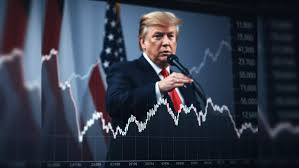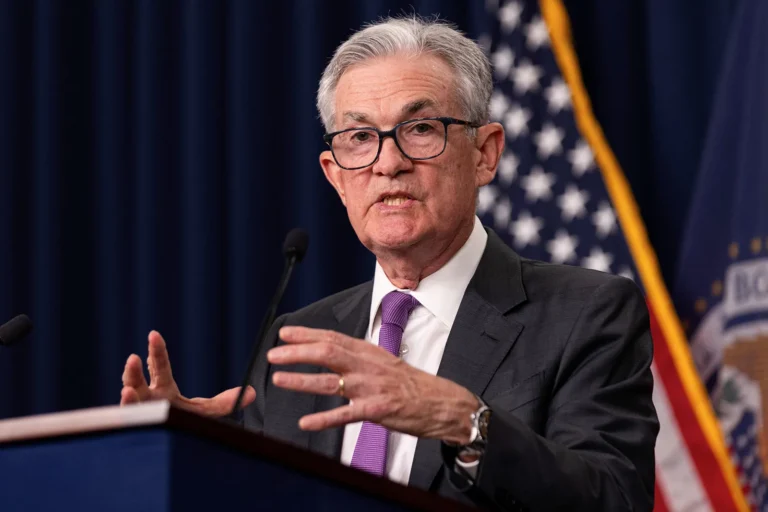Hook: Is the new Trump administration going to ease restrictions on banks working with crypto? While it seems like positive news, some banks may still hold back. Here’s why this matters for you!
The article discusses how the incoming Trump administration could bring positive changes for cryptocurrency businesses working with banks. This could have big implications for how crypto operates in the financial world, and it’s something you should understand as it shapes the future of the crypto industry. Here’s a breakdown of what’s happening:
1. Regulation Changes on the Horizon:
The Trump administration might ease up on the rules that prevent banks from working more closely with crypto businesses. For example, banks may be allowed to issue stablecoins, which are digital currencies tied to real-world assets like the dollar, and even trade crypto assets in the same way they trade stocks. This could make it easier for crypto businesses to grow and get more integrated into traditional finance.
Key Terms to Remember:
- Stablecoins: Digital currencies that are backed by real-world assets.
- Crypto assets: Digital currencies and tokens like Bitcoin, Ethereum, etc.
2. Why Caution is Still Needed:
However, banks have to follow strict rules related to anti-money laundering (AML) and the Bank Secrecy Act (BSA), which means they are still going to be cautious about getting too involved with crypto. Even if regulations ease, some banks might think the risks are too high, especially with potential legal and financial troubles.
Key Terms to Remember:
- AML (Anti-Money Laundering): Rules to stop illegal money from flowing through banks.
- BSA (Bank Secrecy Act): A U.S. law that requires banks to keep certain records to help prevent money laundering.
3. Crypto’s Growth and the Path Forward:
The growth of the crypto market and time since the 2022 crypto disruptions (including the fall of Silvergate Bank) may help banks become more comfortable with accepting crypto risks. Over time, the idea is that banks will be more open to working with crypto businesses as the market matures and more regulations are put in place.
Key Terms to Remember:
- 2022 Crypto Disruptions: Events where several crypto firms and banks had major issues, including the collapse of Silvergate Bank, which led to increased scrutiny on crypto.
4. Backlash and Industry Pushback:
Many crypto companies, like Coinbase, have criticized U.S. regulators for trying to stop crypto businesses from working with traditional banks. In fact, some reports have revealed that regulators sent letters to banks asking them to limit their crypto activities. This has led to lawsuits, and some industry leaders hope the Trump administration will use an executive order to prevent banks from restricting crypto.
Key Terms to Remember:
- Coinbase: A major crypto exchange platform.
- Executive Order: A directive issued by the president to manage the operations of the government.
Why This Matters to You:
If you’re interested in crypto, this is big news. Understanding how the government’s approach to crypto can change the way banks interact with crypto businesses will help you understand the future opportunities and risks in the market. It also shows you how government regulations can impact new technologies and industries. Keeping an eye on these changes will help you stay ahead of the curve as crypto continues to grow and evolve.
By understanding these developments, you can be better prepared for the changes coming in the crypto world, whether you’re trading, investing, or just following the space.



